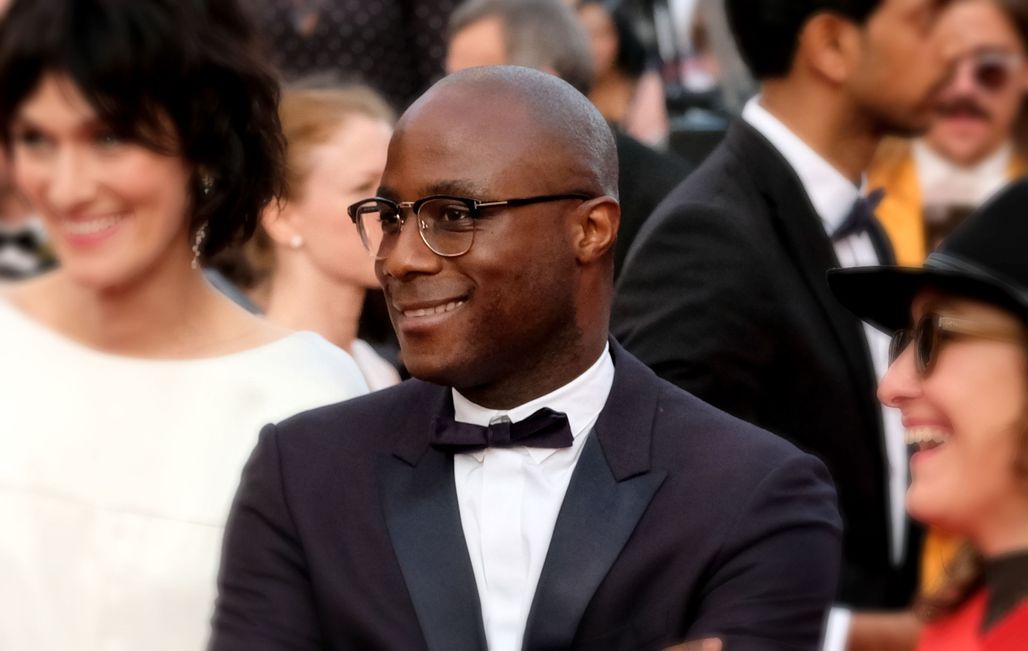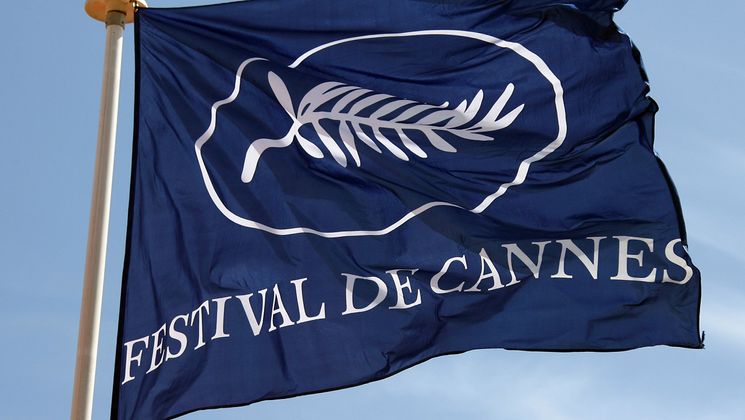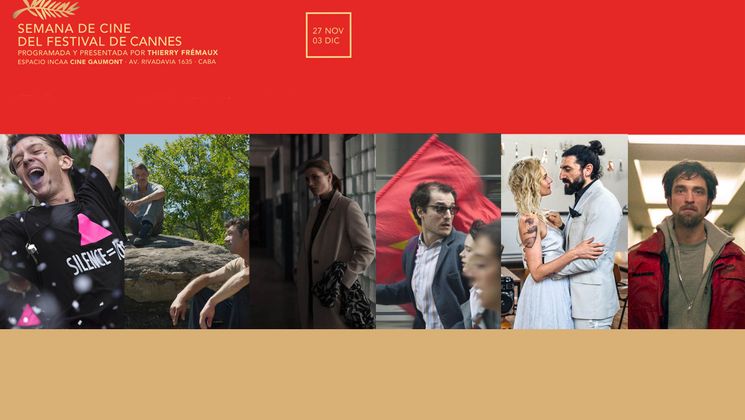
An interview with Barry Jenkins, member of the Short Films and Cinéfondation Jury

With the Oscar for Best Film and Best Adapted Screenplay for Moonlight under his belt, the American director, Barry Jenkins, is on his first visit to the Festival de Cannes, where he is a member of the Short Films and Cinéfondation Jury, presided by Cristian Mungiu.
Is it your first time as a Jury member?
I worked at the Sundance Festival, and in the same jury. So people know me as 'the short film guy'. I watch shorts all the time every year and I usually see all the shorts that they show here anyway so it’s nothing new for me. I think maybe that’s why they chose me for this role.
What kind of cinema really moves you?
Filmmakers are visual storytellers. There is something that happens when you pair the voice, the image and the music. It becomes spiritual and I usually like filmmakers who work that way, not necessarily in terms of genre or plot. When I watch a Claire Denis, a Yorgos or a Haneke film, I feel like I’m moved in a way that's not overly dramatic. And yet internally or emotionally I feel so much drama because the elements become spiritual. Those are the kind of movies I like and watch the most.
You've been struck by the films of Claire Denis and Jean-Luc Godard. How have they influenced the director you've become today?
When I was in film school I watched all the New Wave. The French and Asian versions were the two schools of cinema that I loved the most as a student. My first film Medicine for Melancholy was heavily influenced by Godard. Claire Denis is my favourite filmmaker. I love the way she uses the music in her films because it's so evocative – it's deeply moving but not at all manipulative. In most of her films, the music becomes the emotional element.
On that very point, the soundtrack of Moonlight was a critical success. What's your relationship with music and how does it influence your films?
It's a very large component of the emotion of a piece. The right music in the right film can become spiritual in a certain way. In Moonlight, the character does not talk a lot so the music becomes his voice. So it was really important to me that the music of the film played an active and not a passive role. It all starts from the character for me, and I think for the character of moonlight, through music was how he wanted to speak to the audience.
You yourself started out with a short film, My Josephine. What do you think of the format?
That was my first short film, my student film. I’ve done a lot of short films since then. I think it's an amazing exercise. But I’ve always approached my films the same way. I actually think short films are harder to make successfully than feature films because everything has to work in the space of just a few minutes. In recent years, two or three short films have been the best films I’ve ever seen. I don’t consider short films as junior films, they are just as good as feature films.
You directed an episode of the Netflix series Dear White People, and have signed for a series for Amazon. In what way is directing a series different from directing a film?
For Dear White People, it was the first time I directed something I didn’t write. I think it was a new experience for me because I didn’t write it so I had less control over it. In storytelling, the writer is very important. And when you direct a tv series, as a director you have to be very respectful of the emotions the writer is putting into the script. And I have to figure it out how to blend that with the emotions I want to put into it. The part I like about filmmaking is that there is always a problem to solve in real time and I get very energised by that. When you direct a TV series, you have to make decisions right now, you don’t have time to spend three hours over it. It is a very different process. For me it was just as beautiful as directing a feature film.
Can you tell us about your next project?
The Underground Railroad is set during slavery in America but it's kind of a sci-fi, based on a book. It was network of people who helped slaves to escape to the north. It takes real history but turns it into sci-fi.
A word of advice for young filmmakers?
Watch and make as many films as possible. And also, don’t be obsessed with success. Some filmmakers were successful right away, others had to wait a bit longer. I’m 37 years old and it's only now that I'm starting to be successful.


